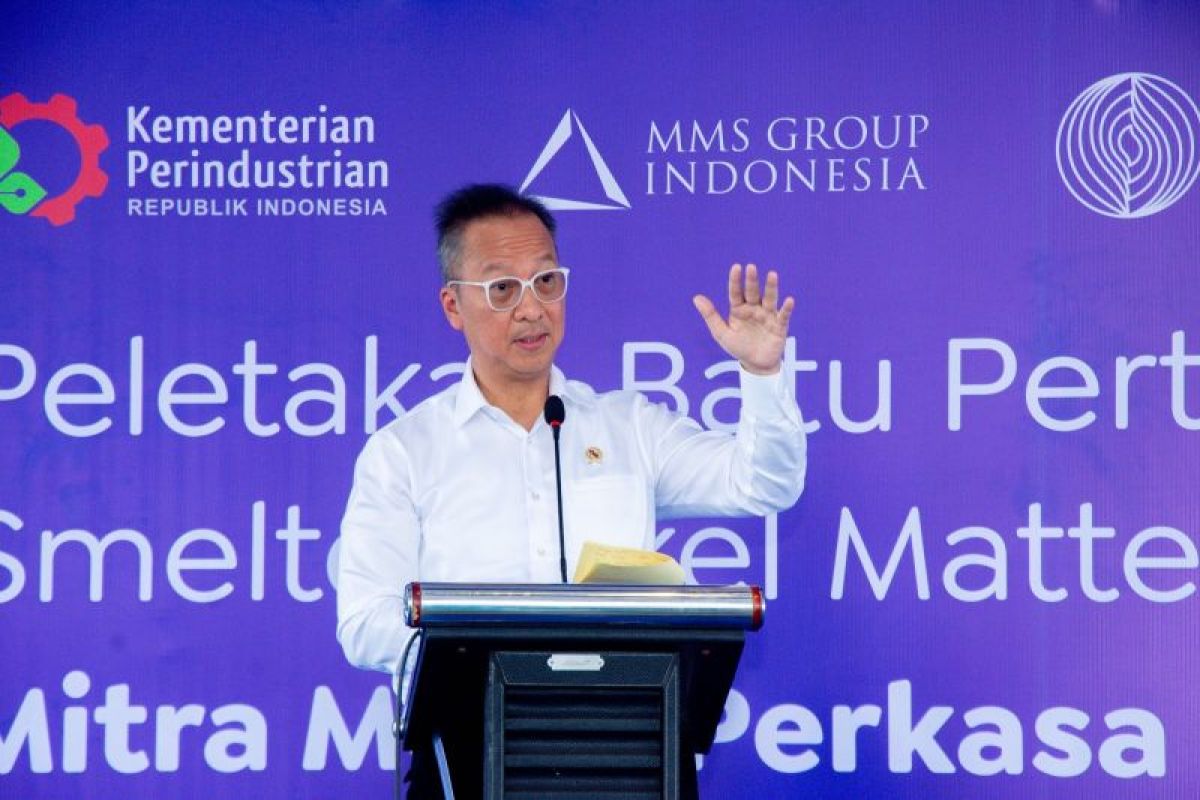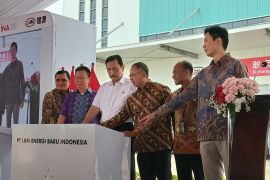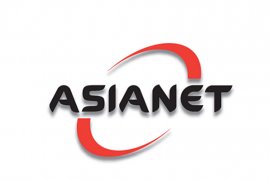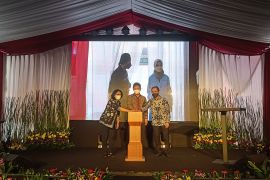He informed that his ministry has prepared a road map for the development of the battery-based electric vehicle (KBLBB) industry, which sets the quantitative target for the production of four-wheeled electric vehicles at 1 million units by 2035 and for two-wheeled electric vehicles at 12 million units.
"In accordance with this target, the projected need for nickel as raw material for batteries, especially the NMC 811(nickel, manganese, cobalt) battery type to support the EV development program will continue to increase," he informed in a statement on Monday.
He said that the government is actively encouraging the downstream industry in order to increase the added value of mineral raw materials in the country.
He then explained that the increase in added value from processing nickel ore into nickel matte is 14 times; if processed into pure nickel as material for batteries, it can reach 19 times; and if it becomes a precursor, it can reach 340 times.
Related news: Next president should sustain downstreaming policy: Jokowi
"Since President Joko Widodo's leadership, he has continuously tried to maintain raw materials' added value to remain in Indonesia," Kartasasmita noted.
He said he hoped that the construction of the smelter industry for the downstream program would provide a variety of raw materials in sufficient quantities and have a positive impact on the growth of other industrial sectors.
The government has also implemented several policies and initiatives to attract domestic and foreign investment to encourage the establishment of new industries and the expansion of existing industries, he added.
Kartasasmita said that as a strategic sector in the economy and one of the driving forces for other manufacturing industry sub-sectors, the metal industry has continued to grow in double digits in recent years. In 2022, the gross domestic product (GDP) of the basic metal industry sector reached Rp124.29 trillion, or up 14.80 percent compared to 2021.
Currently, there are 38 stand-alone nickel smelters operating under the guidance of the Industry Ministry with an investment value of up to US$15.8 billion, he added.
Related news: ASEAN-Russia reaffirm commitment to open, fair trading system with WTO
Of the 38 smelters, 35 are pyrometallurgy smelters, while the rest are hydrometallurgy smelters with the final product being MHP (mixed hydroxide precipitate), which can be further processed into raw material for electric vehicle batteries, he explained.
In an effort to meet raw material needs and prioritize domestic industrial downstreaming, the ministry has appreciated investment in the nickel smelter industry in Indonesia, one of which is being carried out by PT Mitra Murni Perkasa (MMP), a company with 100 percent domestic investment.
The nickel smelter is set to produce 27 thousand MT of nickel matte per year, which will be used as raw material for batteries. The smelter is scheduled for commissioning in 2025.
He said that PT MMP's nickel smelter will be the second in Indonesia to produce nickel matte.
"This proves that domestic investment is not impossible. It can build a large nickel smelter industrial project, worth tens of trillions of rupiah, to support the national electric battery industry," the minister disclosed.
Related news: Country needs bold leader who can sustain downstreaming policy: Widodo
Translator: Ade Irma J, Resinta S
Editor: Jafar M Sidik
Copyright © ANTARA 2023












